Travel trends for 2021 according to Booking.com's Nuno Guerreiro

Covid-19 hasn’t just thrown a wrench into all our holiday plans – it’s reset the global travel landscape, perhaps for years to come. With vaccines on the horizon but the question of travel still up in the air, this year looks set to be just as full of surprises as the last.
For a peek into the future, we sat down with Nuno Guerreiro, Regional Director for South Asia Pacific at Booking.com.
Fresh from Booking.com’s recent Future of Travel report, he chats with us about the travel trends ahead.
While it’ll take years before travel truly returns to pre-pandemic levels, the Covid-19 vaccines are extremely encouraging.
As the vaccines become more broadly available, not only will they provide people with greater peace of mind, but they also open the possibility of traveling more freely in 2021.
As in pre-Covid-19 days, travel will remain heavily dependent on the overall economy, consumers’ financial health, and confidence in their own economic futures.
However, I think consumers’ appetite to travel domestically will increase in markets where restrictions are easing, at least for the next few years.
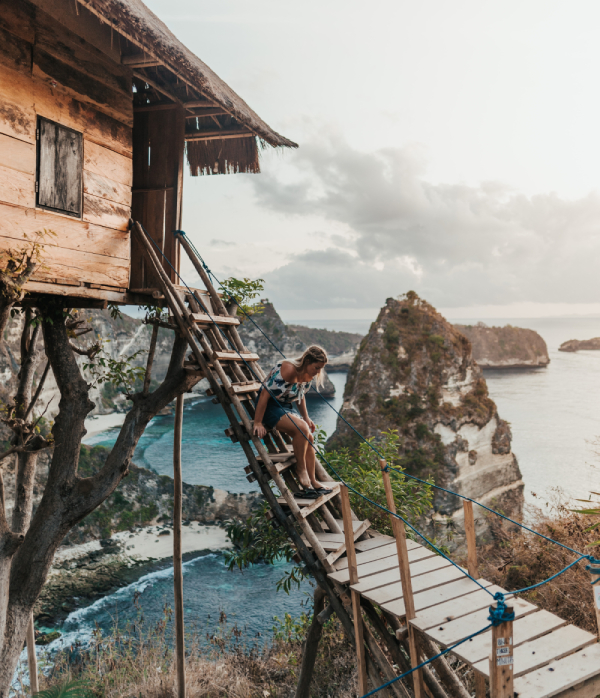
Travellers seem ready to embrace a new, pared-back way of experiencing the world. So much time spent at home has shifted travel priorities, and there’s a renewed desire to enjoy more of the simple things in life.
Globally, we’re seeing an increase in ‘simple pleasure’-related activities like hiking, clean air, nature, and relaxation since the start of the pandemic.
Relaxing trips will also be high on the travel agenda in our ‘new normal’ – according to Booking.com’s Future of Travel research, more than half of travellers indicated that this was their preferred type of trip.
In Singapore, we’re seeing more locals seeking out the idyllic island life at Pulau Ubin. With its rustic shrines, swamplands, and scenic summits, it’s become a perfect sanctuary for explorers looking to unwind and deepen their love for nature.
I think we’re also likely to see hotels diversifying the wellness experiences they offer, allowing travellers to reconnect with nature and promoting personal wellbeing retreats where anyone can disconnect and enjoy experiences focusing on body and mind – meditation, yoga, or spa therapies.
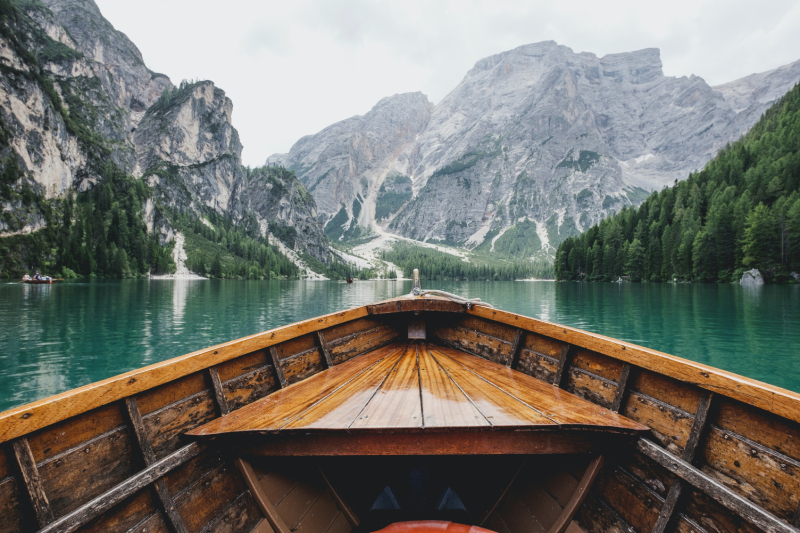
It’s been a tough year for many and people are understandably tightening their purse strings. When travel begins to return, I don’t expect the flood gates to open suddenly with travellers spilling through them. Instead, people will be easing back into travel to match their comfort levels.
I believe the focus by travel providers will still be on recovery – and survival – from the impact of Covid-19. As such, fulfilling any demand for domestic travel will take precedence.
Domestic travellers are also more focused on value, hence it isn’t likely that travel providers will focus solely on luxury customers.
With people choosing to stay closer at home and taking an interest in less urban areas, I think travellers are also favouring alternative accommodations more so now than in the past.
Either way, hotels aren’t going away anytime soon with the numerous staycations and even steak-cations that hotels such as Hilton Singapore have been experimenting with.
I believe hotels have to continue diversifying their offerings for travellers wanting flexibility and choice.
For now, travel may look different in a number of ways. People can expect more measured controls at staycation venues, from restaurants and facilities requiring pre-booking, to social distancing, and closed attractions.
Whether on a trip or staycation, safe management measures mean less intermingling at hotel premises such as bars and restaurants.
As such, opportunities to forge meaningful connections with people from all walks of life or even spontaneous encounters might have to be put off for a while.
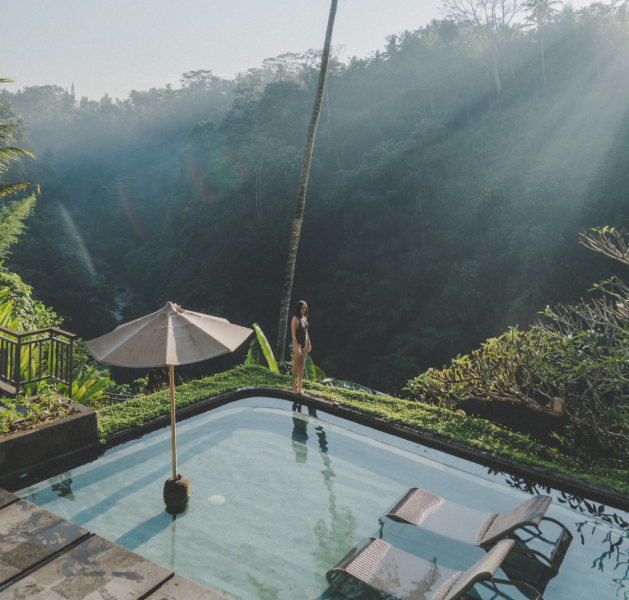
In our current, more restricted world, I believe local travel will continue to be a popular choice amongst travellers as it remains easier, safer, and often more sustainable. Doorstep delights offer both cost and time savings for travellers, after all.
Destinations and accommodation could respond with extra add-ons to their travel offerings, such as historic and cultural heritage tours.
Novel experiences like guest chefs and bespoke cocktails could also be in the mix to help win the affection of local tourists.
Still, while local travel will continue to keep travellers occupied well into 2021, the desire to jetset to far-flung places remains strong in the traveller psyche.
My bucket list includes Timor Leste, it’s a beautiful off-the-beaten-path destination with pristine natural beauty and unique cultural experiences.
Another top pick for me would be Palawan, the Philippines – a true paradise. Many islands in the Philippines are still not as well-known, and unfortunately I haven’t been able to visit… yet!
Finally for a more international flavour, my all-time favorite destination would be the Amalfi Coast. Visiting the fishing villages, vineyards, and enjoying the culture and local cuisine – it’s truly a fantastic destination to relax and soak up the sun.
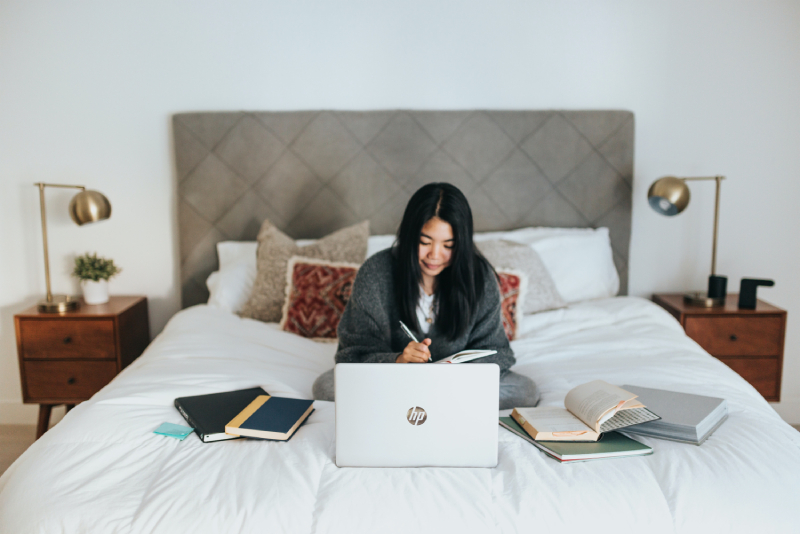
The ideal workcation for me is an accommodation that has home office facilities, fast wifi and most importantly, a spectacular view or cosy area to help make the workday fly by.
Personally, I’d love to set up my ‘home’ office in a luxurious Maldives resort, or work from Santorini whilst relishing clear blue ocean views at the end of the workday, or even enjoy the Mediterranean tradition of having a siesta – after work of course – in my hotel in Palma de Mallorca, Spain.
A quick tip for digital nomads: Booking.com has introduced a Work-Friendly Program which highlights relevant home properties as ‘work-friendly’ on our website and mobile app with a special badge, as well as a ‘laptop-friendly’ filter to make these properties easy to search for. Check it out if you’re planning a workcation soon!
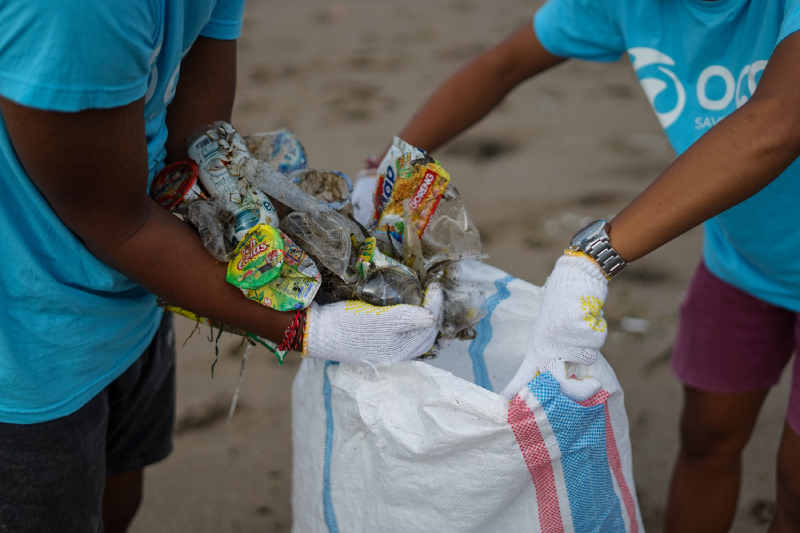
Covid-19 may have halted our 2020 travel plans, but it’s also given some of the world’s most popular tourist destinations a much-needed moment of rest.
This pause in our globetrotting habits has inspired travellers to become more aware of the wider impact of their trips.
Our survey shows that nearly half of Singapore travellers want to travel more sustainably in future, to reduce their footprint on the environment and local communities.
Most Southeast Asia respondents also noted that the pandemic has inspired them to consider reducing waste and recycling their plastic when travelling.
Locally speaking, my favourite eco-conscious experiences include going for a jog or long walk at MacRitchie Reservoir, and visiting Gardens by the Bay where you can enjoy and learn more about the sustainability efforts and environmental features that went into its creation. I also love exploring the rich biodiversity in Pulau Ubin on a bike!
This article was first published in City Nomads.